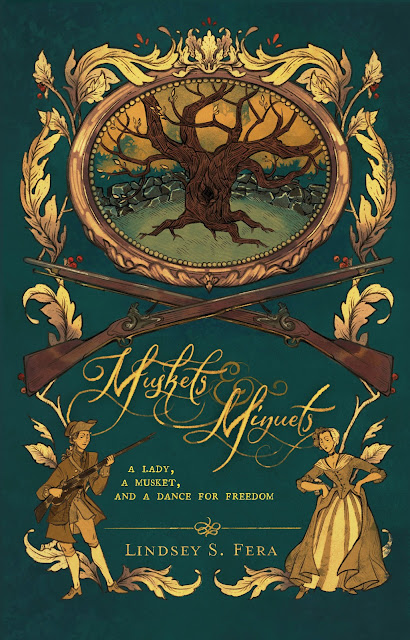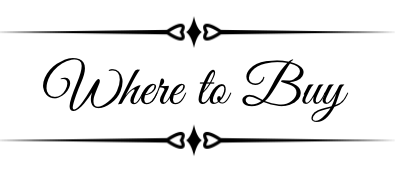Congratulations on your recently published novel,. Could you tell us a little about your new book and what inspired you to set your story in Massachusetts?
Thank you so much! Yes, so, Muskets and Minuets is the first in a planned trilogy, and book 1 is a coming of age story set in Massachusetts in my hometown during the years leading up to the American War for Independence. I was inspired by my hometown. It’s small, but old and historical (at least by American standards). We had people accused of, and hanged, for witchcraft during the infamous Salem Witch Trials, and when I learned men from our town’s militia answered the call on the morning of April 19th, 1775 to march on Lexington and Concord, I knew I needed to write a story to honor my town and the people who once lived there.
When researching this era, did you come upon any unexpected surprises?
I’d say I did, but with relation to my hometown. It was spring, and the farmers were readying the fields for planting. There were documents that stated men left their ploughs mid-furrow upon learning the British had opened fire on militia at Lexington. This image has really stuck with me, it really hit home that these were ordinary people with a duty to fight. And they did.
On a broader, less serious note, when I was researching 18th century clothing and style, I was particularly excited to learn that the 18th century was essentially a beardless century. I hate beards, haha!
Why do you think this period in history is still really popular with readers?
I actually don’t believe this period is all too popular. Part of the reason I wanted to write this book is because everything in the media, from books to TV series to movies, showcases the American War for Independence after 1776. My book begins in 1769 and ends in 1775, as the war is beginning. I wanted to showcase Boston and Massachusetts, and what led up to the war, and why the war happened. To my knowledge, no one else has really done that. I wanted to show why Massachusetts is still called ‘the birthplace of the revolution’.
But that being said, I do think the 18th century in general is popular with readers, though not as much as the regency era, but people like the period of Marie Antoinette and the Duchess of Devonshire. And for Americans in particular, we like to read about our independence. I think the style of the period is glamorous (for the wealthy)—the silk gowns with wide hoops, wigs and painted faces; it’s the age of Mozart and Haydn and Vivaldi. The architecture, the philosophy, all of it was an awakening of sorts from the 17th century and earlier, and I think readers appreciate all that.
What do you think is the most challenging aspect of writing Historical Fiction during this era?
The dialogue. By far the dialogue. As an author, I want to convey a sense of realism to my readers, and I want to immerse them into the world of my characters. As far as we can tell, people back then didn’t speak like us today, and for me personally, modern dialogue in historical fiction takes me right out of the story. It’s a huge anachronism. I tried to weave as much slang and vernacular as I could into character conversations, but it was a real challenge striking a balance between too much slang, the characters sounding too stiff or formal, or too modern. It’s a real challenge.
The other challenging thing is the research. Sometimes, you don’t know what you don’t know, and so you’ll be in the middle of writing a scene, and suddenly you’re like “oh no, I don’t know if this was invented yet” or something of the like. Luckily, the 18th century is widely researched and studied. The hardest part about reading primary sources from this era? The spelling. At this time, there were no dictionaries for how words were supposed to be spelled. Most of the time, when you read letters or documents from this era, it’s spelled the way words sounded when spoken—which gives us clues as to how people may have sounded when they spoke, IE accents and dialects—but it can be a challenge when you don’t know what it is they’re writing about. Some use old spellings of words, and I did use one of these in my book: receipt. Today, that word, as written, means something else, but back then, receipt is recipe. Words like intercourse, and violent, also mean something different back then than they do today. Back then, you loved someone most violently, or you described the intensity of your affections as ‘violent’. This was not a bad thing. Back then, your intercourse with your neighbour was a conversation, not the intimate act of love we think of today. We see a lot of these different uses of language in older books, like in the works of Jane Austen. So when doing this kind of research, the meaning of what you’re reading could be very different from what our modern language dictates.
Does one of the main characters hold a special place in your heart? If so, why?
I’ve become very attached to all of my main characters. I’ve known them since I was 16. But I think George is extra special to me. I wrote him as the older brother I’ve always wanted. I think he delivers!







A very interesting read, thank you.
ReplyDelete